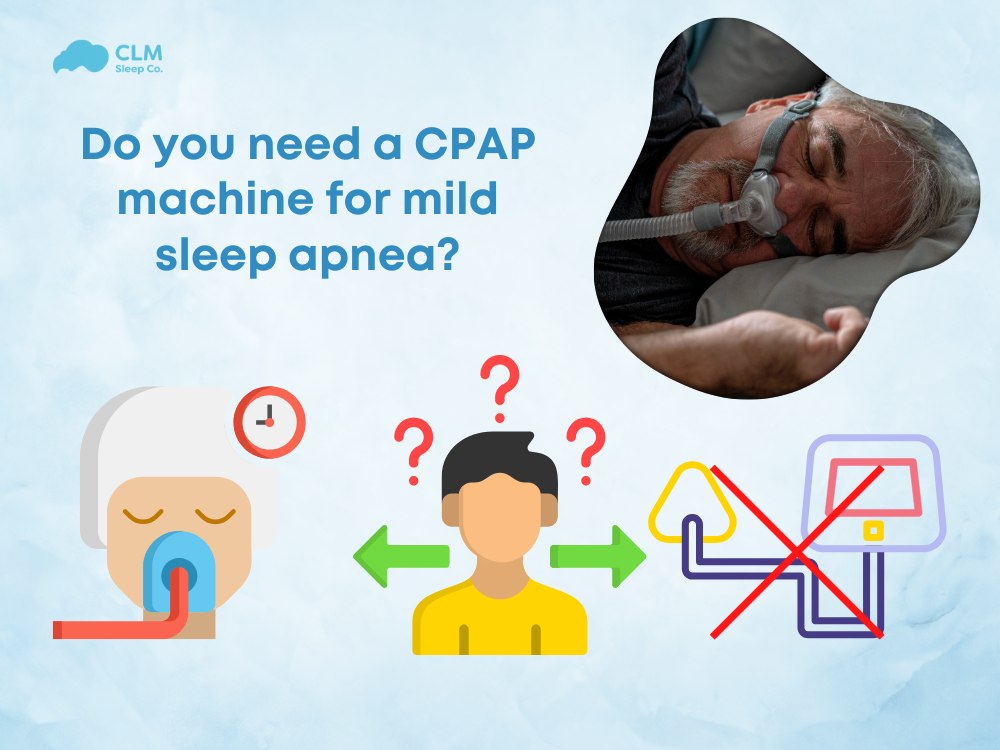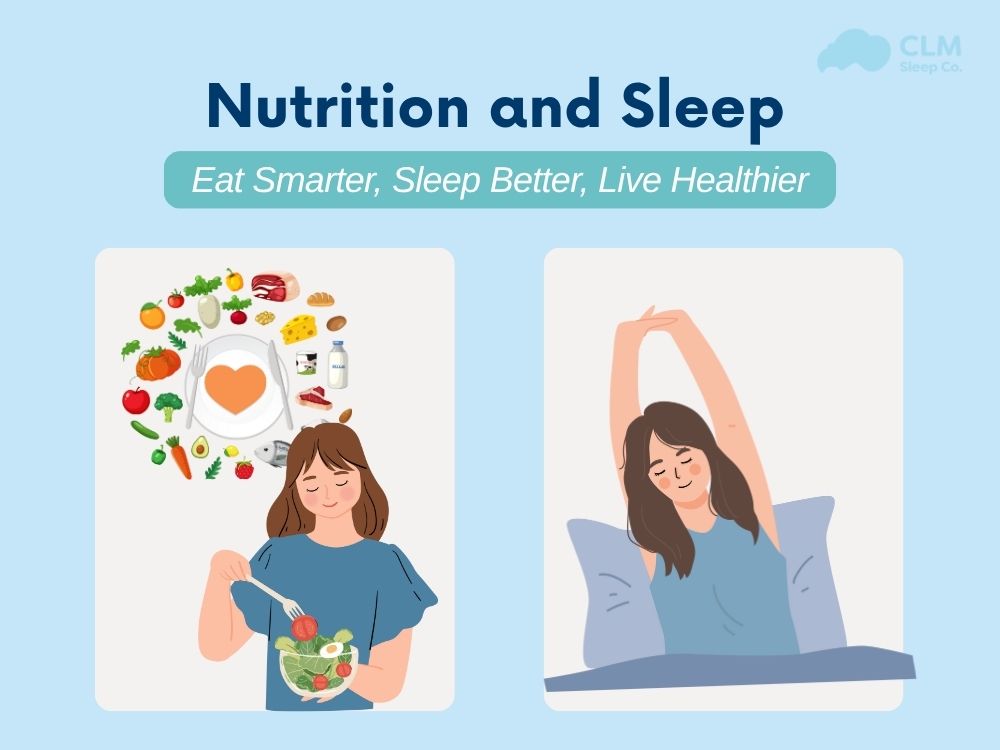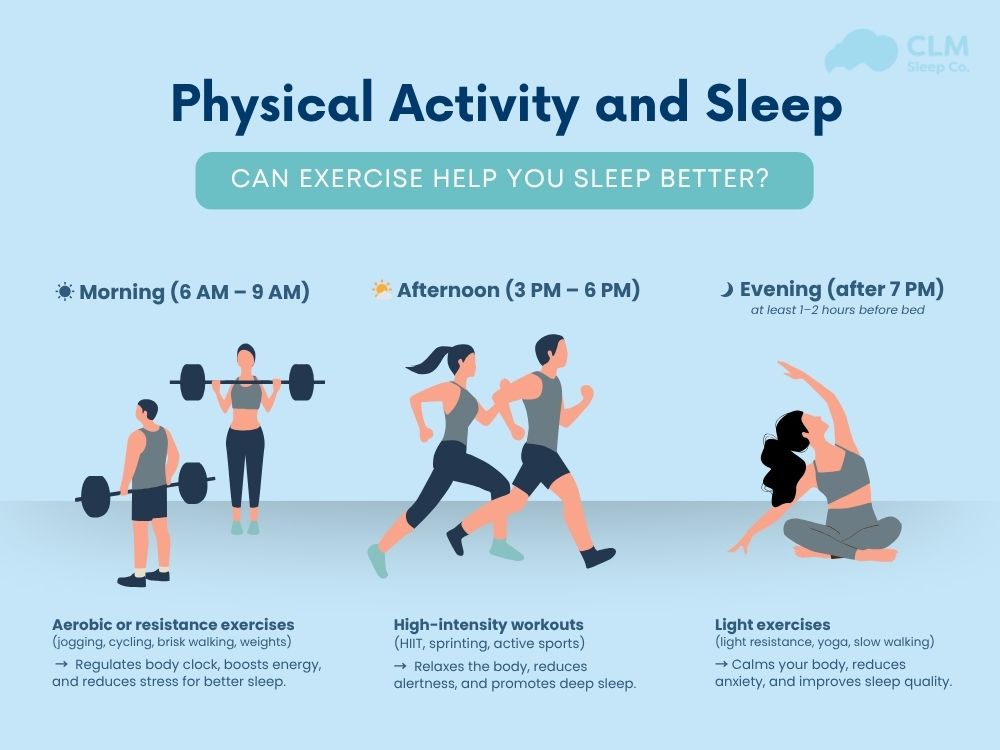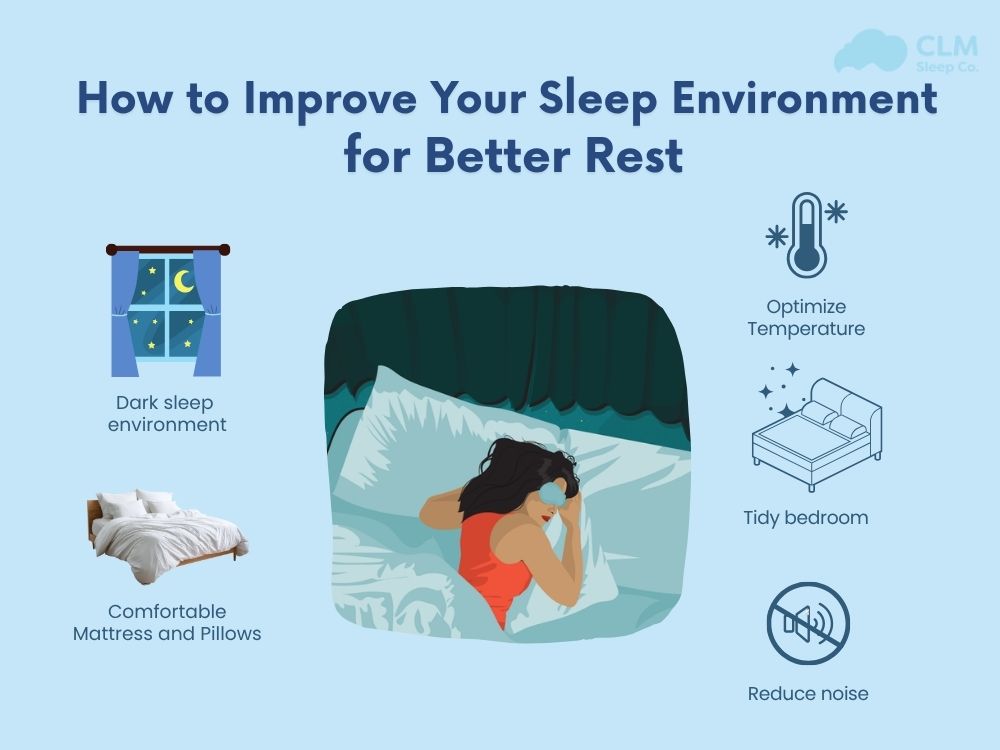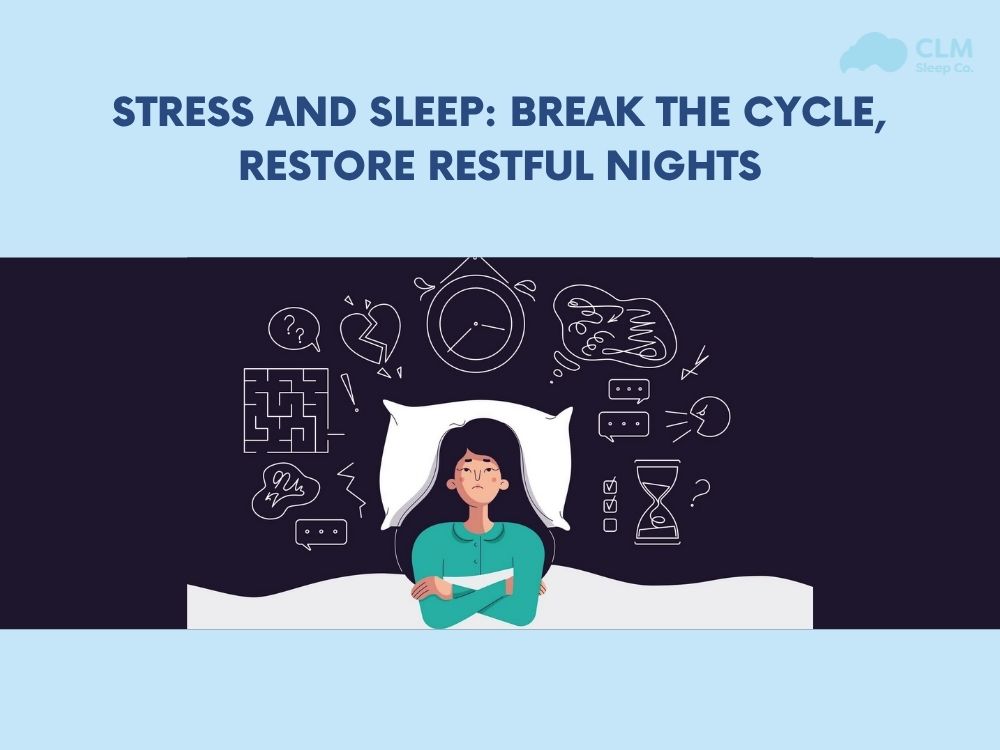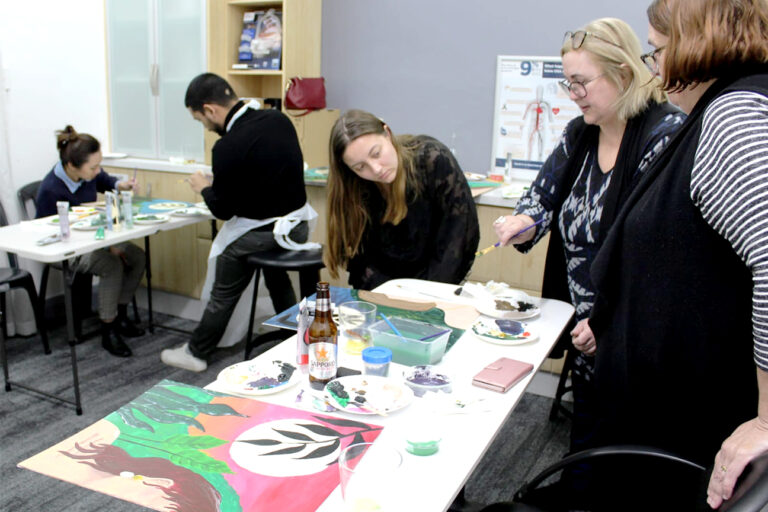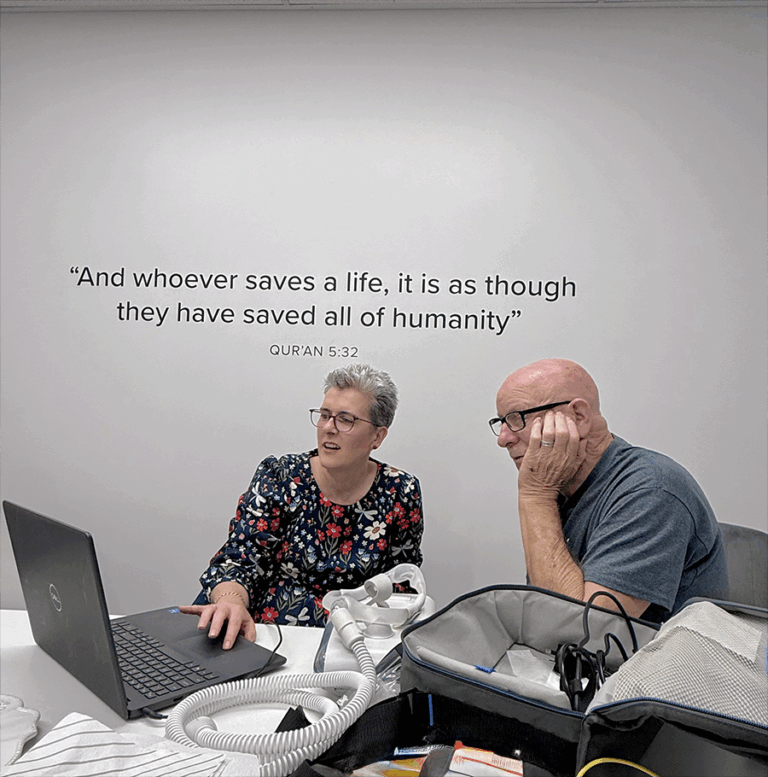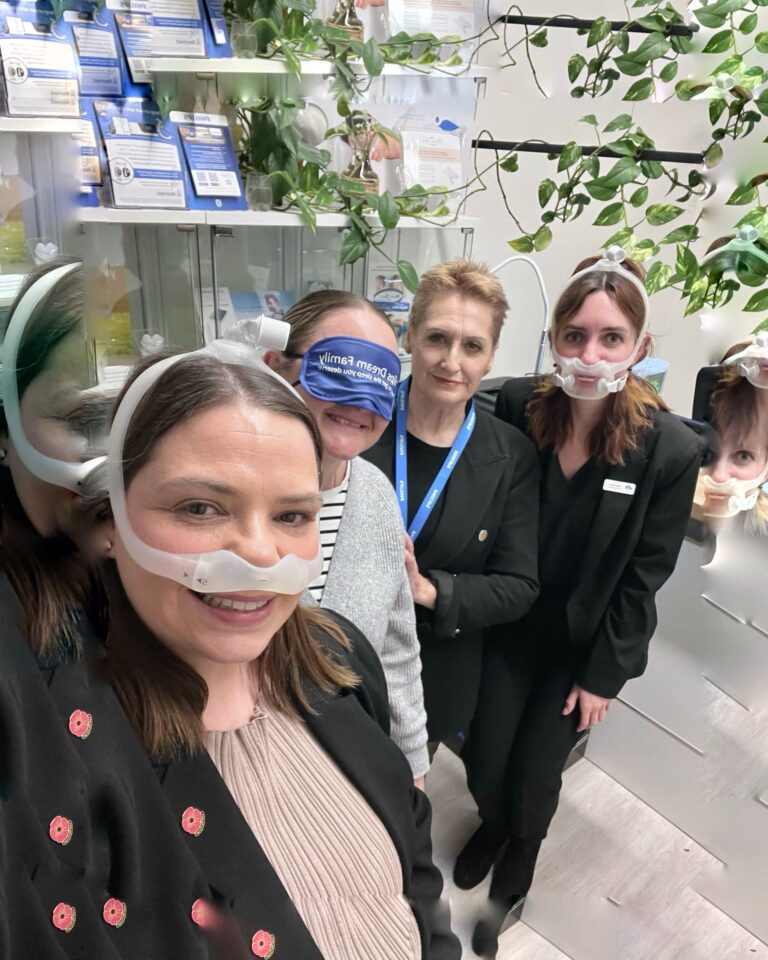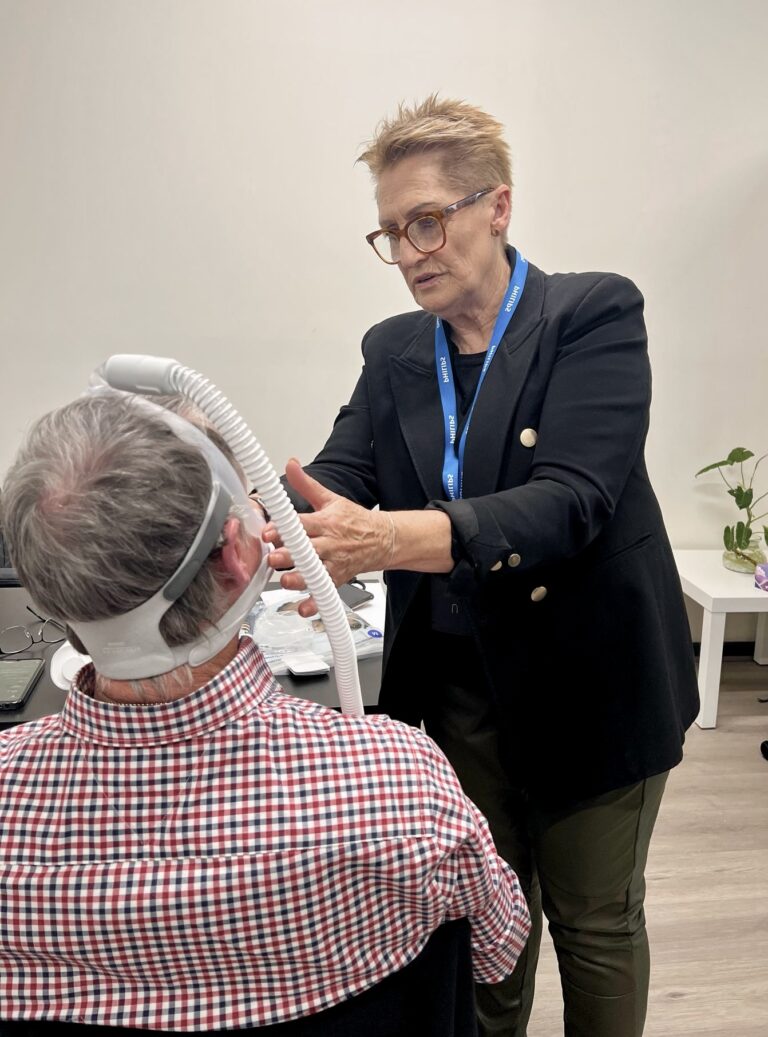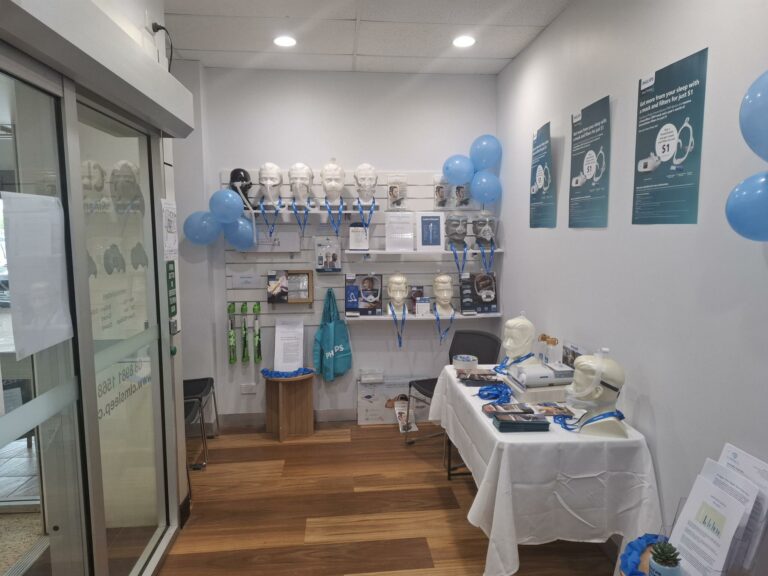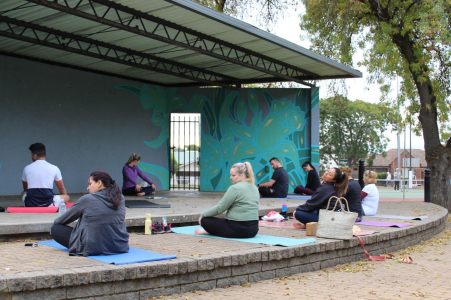Mild sleep apnea can be detrimental to your sleep quality and overall health over time, but is CPAP therapy always necessary? Understanding the severity of your condition is key to choosing the right treatment. In this review, we explore the differences between mild, moderate, and severe sleep apnea, how CPAP works, and when it’s recommended. Do you need a CPAP machine for mild sleep apnea? We will suggest some suitable options.
Understanding Mild Sleep Apnea
What is Mild Sleep Apnea?
Mild sleep apnea involves short cessation or shallow breathing at frequent intervals during sleep, usually 5 to 15 times an hour. These breaks, called apneas, can compromise the quality of sleep and lead to daytime fatigue. While mild sleep apnea may not seem as serious, it still may affect overall health. If you’ve ever wondered, ‘Do you need a CPAP machine for mild sleep apnea?’, then the answer depends on your sleep apnea symptoms and all your risk factors. This may involve CPAP therapy in some cases while the rest can be treated with other kinds of treatments, such as changes in lifestyle or oral appliances.
See more: AHI – Measures the severity of sleep apnea

How It Differs from Moderate and Severe Sleep Apnea
| Severity Level | Apnea Events Per Hour | Symptoms Severity | Treatment Approach |
| Mild | 5-15 | Mild daytime fatigue, occasional snoring | Lifestyle changes, CPAP in some cases |
| Moderate | 15-30 | Noticeable daytime drowsiness, frequent snoring | CPAP or alternative therapies |
| Severe | 30+ | Extreme daytime sleepiness, serious health risks | CPAP therapy or surgery |
How CPAP Therapy Works
Overview of Continuous Positive Airway Pressure (CPAP)
CPAP is one of the most common treatments for sleep apnea, even when it is only considered mild. It involves a machine that sends a continuous stream of pressurized air through a mask into the airway to keep the airway open during sleep. This prevents any breathing interruptions, or apneas, and keeps proper oxygen levels.
If the question is, “Do you need a CPAP machine for mild sleep apnea?“, then the answer rests on symptoms and risk to overall health. While CPAP is considered the gold standard of sleep apnea treatment in moderate to severe cases. It may also be indicated for patients with mild sleep apnea who present with excessive daytime sleepiness or the development of other complications. A sleep specialist will evaluate your case to see if CPAP therapy is the ideal option for you.
How CPAP Helps Sleep Apnea Patients
Continuous Positive Airway Pressure therapy, popularly known as CPAP, is normally prescribed to treat sleep apnea even when symptoms are less severe in certain conditions. A continuous stream of air is provided via a mask in order to keep the airway open, thereby preventing the cessation of breathing during sleep.

Do you really need a CPAP machine for mild sleep apnea?
Cases Where CPAP Is Recommended
If you are among those who ask, “Do I need a CPAP machine for mild sleep apnea?”, the answer is that it depends on various factors. However, not everyone with mild sleep apnea needs to go through CPAP therapy, whereas it usually includes the following:
- Continuous Daytime Fatigue: When mild sleep apnea results in excessive daytime sleepiness, decreased focus, or problems keeping awake, then the CPAP therapy may ameliorate these energy levels and cognitive function.
- Frequent Nocturnal Awakenings: If one finds oneself waking up in a rush to breathe or generally disrupted sleep, then CPAP is effective in offering regular breathing and improving the quality of sleep.
- Low Oxygen Saturation: Patients with mild OSA may suffer from significant drops in oxygen saturation. In this scenario, the use of CPAP becomes quite essential for keeping oxygen saturation within normal limits.
- High-Risk Health Conditions – If you have co-existing health conditions such as high blood pressure, heart disease, or diabetes, then the treatment of even mild sleep apnea with CPAP may prevent further complications.
- Ineffectiveness of Alternative Treatments – If lifestyle changes, positional therapy, or oral appliances are ineffective in reducing symptoms, a CPAP machine may be the best option for managing your condition.
Alternative Treatment Options
If you would rather consider alternatives, the following options are available:
- Lifestyle Changes
- Weight Loss: This decreases airway obstruction by a significant amount.
- Changing Sleep Position: Sleeping on one’s side instead of the back can help prevent the airway from collapsing.
- Avoiding Alcohol & Sedatives: These are known to relax throat muscles and worsen episodes of apnea.
- Oral Appliances
- MADs (mandibular advancement devices) are custom-fitted to reposition the jaw to keep the airway open.
- Tongue-retaining devices can be used to help prevent tongue obstruction.
- Positional Therapy: Special pillows or wearable devices discourage sleeping on your back, which may improve airflow.
- Nasal Breathing Aids: Nasal dilators, strips, or sprays are used to keep nasal passages open for better airflow.
- Surgery (For Severe Cases): Other procedures, such as UPPP (Uvulopalatopharyngoplasty) or inspire therapy, involve hypoglossal nerve stimulation in cases where all the above fails.

Risks of Not Treating Mild Sleep Apnea
Potential Long-Term Health Consequences
- Increased risk of high blood pressure and heart disease.
- Greater likelihood of developing Type 2 diabetes.
- Possible cognitive issues due to poor sleep quality.
Impact on Sleep Quality and Daily Life
- Frequent awakenings, leading to daytime fatigue.
- Reduced focus and concentration at work or school.
- Increased risk of accidents due to drowsiness.
Consulting a Sleep Specialist in Australia
How to Detect Mild Sleep Apnea?
In addition to identifying common symptoms of sleep apnea such as snoring, choking during sleep, morning headaches, and fatigue, you need to undergo a sleep study (Polysomnography) to confirm whether you have sleep apnea and determine its severity through the AHI (Apnea-Hypopnea Index)
In-Lab Sleep Study: Conducted in a sleep lab to monitor brain activity, breathing, and oxygen levels.
Home Sleep Apnea Test (HSAT): A simplified version of a sleep study that can be done at home.
CLM Sleep Clinic
CLM Sleep Clinic provides comprehensive diagnostic services, including home and in-lab sleep studies, and offers personalized treatment plans for mild sleep apnea.
CPAP machine for mild sleep apnea
If you have mild sleep apnea and are considering a CPAP machine, choosing the right device can make a significant difference in comfort and effectiveness. Below are four top CPAP machines known for their advanced features and user-friendly designs.

ResMed AirMini
The ResMed AirMini is the world’s smallest CPAP machine, making it an excellent choice for travel. Despite its compact size, it offers:
- Auto-adjusting pressure for personalized therapy
- Waterless humidification with HumidX™ technology
- Compatibility with ResMed’s AirFit masks
- App connectivity for tracking sleep data

ResMed AirSense 10 AutoSet
A highly popular choice for home use, the ResMed AirSense 10 AutoSet provides:
- AutoRamp™ feature for a comfortable pressure transition
- Built-in humidifier to reduce dryness
- SmartStart™ function for automatic therapy initiation
- Wireless connectivity to sync data with the myAir™ app

Philips DreamStation Auto CPAP
The Philips DreamStation Auto CPAP is known for its sleek design and user-friendly interface. Key features include:
- Adaptive pressure adjustments based on breathing patterns
- Integrated Bluetooth and cellular connectivity for easy data access
- Ramp Plus setting for gradual pressure increase
- Quiet operation for minimal sleep disruption

Fisher & Paykel SleepStyle Auto CPAP
Designed for simplicity and comfort, the Fisher & Paykel SleepStyle Auto CPAP features:
- SensAwake™ technology that reduces pressure during wake-up
- Integrated humidifier to prevent dry airways
- Large, easy-to-use buttons for convenience
- Expiratory relief for more natural breathing

See more: Best Sleep Apnea Machine For 2025
Conclusion
While CPAP therapy isn’t always required for mild sleep apnea, it can be beneficial in certain cases. Alternative treatments like lifestyle changes, oral appliances, and positional therapy may also help improve symptoms. If you’re unsure about the best approach or selecting a CPAP machine for mild sleep apnea, consulting a sleep specialist is essential. At CLM Sleep, we provide expert sleep studies and personalized treatment plans to help you.
